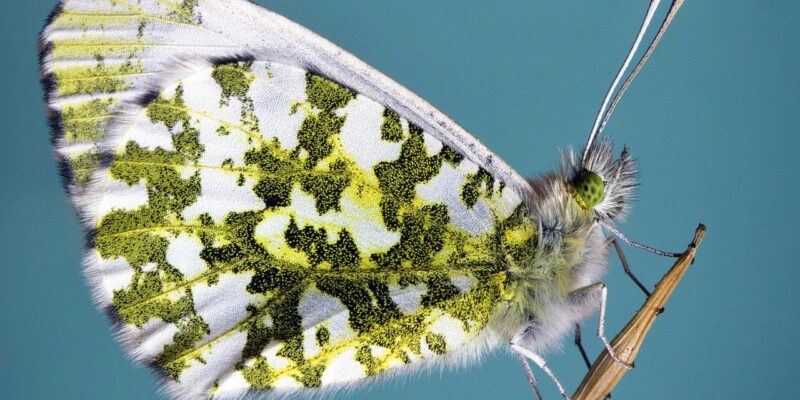Fruit fly formation refers to the life cycle of a fruit fly, starting from an egg to eventually becoming an adult fruit fly. Fruit flies lay their eggs on the surface of overripe fruit, vegetables, and other decaying organic matter. The eggs hatch within 24-36 hours, and the larvae begin feeding on the decaying matter. The larvae will go through 3 instars before entering a pupal stage. During the pupal stage, the fly is developing its wings, legs, and reproductive organs. Eventually, an adult fruit fly emerges from the pupal case.
It’s important to note that fruit fly formation can occur quickly and in large numbers. Fruit flies are able to reproduce rapidly, and their swarms can cause annoyance and potential health risks due to their biting habits. While fruit flies do not transmit diseases to humans, they are still considered a pest and can carry bacteria. It’s important to remove any sources of decaying organic matter from living spaces as a preventative measure against fruit fly formation.
Fruit Fly Formation
Fruit fly formation starts with the laying of eggs by adult flies on overripe fruit or other decaying organic matter. The eggs hatch into larvae, which feed on the fruit or matter they were laid on. As they grow, the larvae go through several molting stages before they turn into pupae, which is the stage where they transform into adult flies. The transformation process typically takes around 8-10 days from egg to adult fly.
Fruit flies are attracted to overripe fruit, vegetables, and other decaying organic matter because they use them as food sources and breeding grounds. The fermentation process that happens in these substances produces alcohol, which is what attracts the flies. Fruit flies are also attracted to other smells such as vinegar, wine, and other sweet or fermenting substances. They are known to lay eggs on these substances, which leads to a rapid infestation if not addressed promptly.
- Fruit flies start as eggs laid by adult flies on overripe fruit and other decaying organic matter.
- The eggs hatch into larvae, which feed on the fruit or matter they were laid on.
- The larvae go through several molting stages before turning into pupae, where they transform into adult flies.
- Fruit flies are attracted to overripe fruit, vegetables, and other decaying organic matter due to the fermentation process that produces alcohol, which attracts the flies.
- They are also attracted to other smells such as vinegar, wine, and other sweet or fermenting substances.
Fruit Fly Lifespan
Fruit fly lifespan can be influenced by several factors, including temperature and food availability. In warmer environments, fruit flies tend to have shorter lifespans, while colder temperatures might extend their lifespan. Additionally, fruit flies that have access to more food sources are likely to live longer than those living in environments with limited food options.
Studies have shown that fruit flies can live anywhere from a few days to a few months, making it difficult to pinpoint an exact lifespan. However, in laboratory conditions, fruit flies tend to live for around 10-14 days, which is likely due to their controlled environment and steady supply of food.
It’s important to note that while fruit flies may have short lifespans, they can reproduce quickly, laying up to 500 eggs in their lifetime. This means that even a small population of fruit flies can rapidly grow and become a nuisance in living spaces.
Proper sanitation and elimination of breeding sites can help to reduce the lifespan and population of fruit flies, making it easier to manage and control infestations.
Fruit Fly Biting
Fruit fly biting is a common occurrence in households where these pesky insects are found. Fruit flies are known to bite humans and animals, although they do not cause any major harm. The bites may cause minor irritation and itching, but they generally go away on their own.
It is important to remove fruit fly infestations from living spaces to avoid potential health risks. Fruit flies are attracted to overripe fruit, vegetables, and other decaying organic matter, which can increase the risk of disease transmission. Additionally, fruit flies have a tendency to swarm, which can be annoying and lead to increased exposure to their bites.
To avoid fruit fly biting, it is recommended to keep living spaces clean and tidy, dispose of any decaying organic matter promptly, and cover food and drinks to prevent fruit flies from accessing them. There are also various natural remedies that can be used to deter fruit flies, such as vinegar traps or essential oils. If a fruit fly infestation persists, it may be necessary to contact a pest control professional for assistance.









